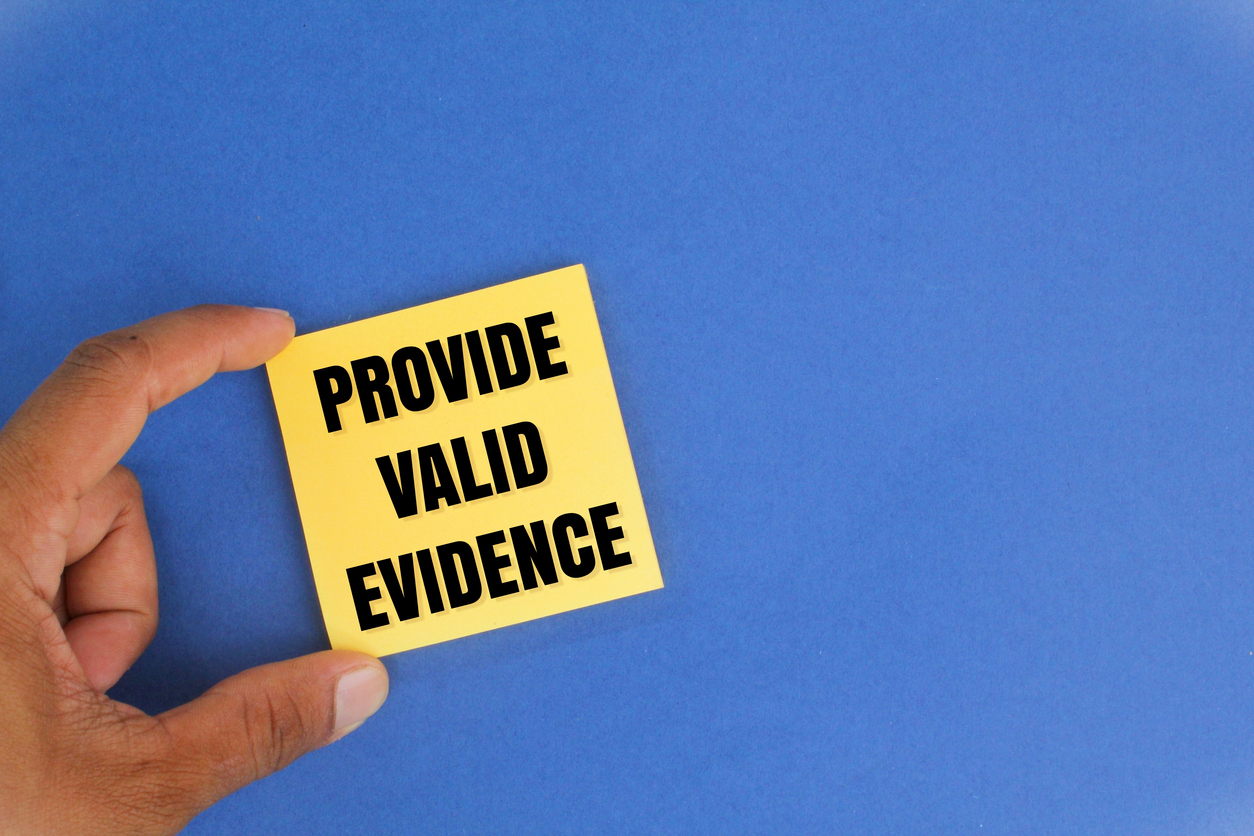“Do I have to answer that?” Occasionally, one of my clients will turn to me during an examination under oath and aks that very question. Almost every time, I answer, “Yes,” or at least have the questioner clarify a poorly-worded question. The reason I usually counsel clients to answer has several elements, but most importantly: if a fight may be easily avoided and there is no benefit to fighting, why fight? If a policyholder refuses to answer a question at EUO, defense counsel immediately suspect fraud, thinking, “Why else would someone refuse to answer questions unless they were hiding something?” But more importantly, I know defense counsel’s eyes will start rolling around like a slot machine until they land on DENIAL because they believe they have right to ask anything and the insured has to answer, otherwise the policyholder is violating the policy’s duty to cooperate. Is this true? May defense counsel ask the policyholder literally anything at an examination? Must the insured answer or risk violating the cooperation clause?
Typically an insured does not want to answer questions that are too personal. Often the subject of personal finances is one where policyholders raise a skeptical eye. That is, “What do my finances have to do with my insurance claim?” Well, the insurer has the right to delve into areas during the examination that may expose fraud. In the Eleventh Circuit Court of Appeals decision of Halcome vs. Cincinnati Ins. Co., 778 F.2d 606 (11th Cir. 1985), the insured made a claim for jewelry theft, but refused to answer questions about their income. The court declared that this refusal was a breach of the policy conditions and upheld the insurer’s denial of the claim. The Eleventh Circuit maintained this reasoning in Jacobs vs. Nationwide Mutual Fire Ins. Co., 236 F.3d 1282 (11th Cir. 2001). The court ruled that the insured’s refusal to answer questions about their finances during an EUO was non-compliance with the policy’s post-loss obligations and rendered the policyholder unable to compel appraisal.
While I was thinking about this blog, one of the first ideas that came to me was an insured invoking his or her 5th Amendment right to self-incrimination. That is, the insured refusing to answer questions under oath which may be used against him or her in a criminal proceeding. The Eleventh Circuit ruled on this issue in Pervis vs. State Farm Fire & Cas. Co., 901 F.2d 944 (11th Cir. 1990). The policyholder asserted his 5th Amendment rights and refused to answer questions about his fire loss. The court ruled that examinations under oath are contractual obligations which must be complied with in order for the insured to garner recovery. Thus, reasoned the court, the 5th Amendment was not a defense to the insured’s failure to fulfill his contractual obligations, and the insurer’s denial was upheld.
The common thread seemingly running through these decisions is that the policyholder may not refuse to answer questions pertaining to the actual loss itself or circumstances surrounding that loss. Legally speaking, this is referred to as materiality. If the question is material to the investigation, i.e. pertaining directly to the loss or surrounding circumstances, then the policyholder must answer the question or violate the policy provisions. In fact, the highest authority has said just that, albeit prior to this country’s 100th birthday. In the 1872 case of Insurance Companies vs. Weides, 81 U.S. 375 (1872), the Supreme Court of the United States ruled that an insured must answer only those questions which are material to the investigation of the loss. In Weides, the insured had suffered multiple fire losses, for which he was compelled to sit for an examination under oath. During the examination, defense counsel demanded information concerning the settlements reached with other insurers. The policyholder refused to answer, and the insurer asserted that this was a violation of the policy’s conditions for which they could deny the claim. While there were other issues touched upon in the High Court’s ruling, their ruling was clear on this issue: “We are unable to perceive that the questions proposed had any legitimate bearing upon the inquiry, what was the actual loss sustained in consequence of the fire.” Further reasoning that there was no evidence that the insured refused to answer any material questions about the loss, the court ruled that the insured’s refusal to answer the questions concerning other claims was not a breach of the policy’s conditions.
Whether a question is material or not is almost always a question for the trier of fact, that is, the judge or jury, and every jurisdiction will have such case law. In Florida, the case which states whether something is material is a matter for the trier of fact is Haiman v. Federal Insurance Co., 798 So. 2d 811 (Fla. 4th DCA 2001). With these sage words, however, heed this warning, as a rule of thumb: ANSWER THE QUESTION! For all public adjusters reading this, you do not want to advise your insured not to answer a question during an examination. First, you will be practicing law without a license and, second, you will be placing your client’s claim at risk. Even for attorneys reading this blog, I submit the question: do you want to be sitting in a court room waiting for the jury to determine whether the question you counseled your client not to answer at an examination under oath is material, hence a breach of the policy, for which the claim may denied? I would venture a guess that the answer to this question is an emphatic NO! As I tell all my clients, the transcript of an EUO is not a public record, so unless defense counsel’s thousandth question to my client is, “What was the name of your first pet?” you’ll probably hear my advice, “Just answer the question, Mr. Roberts.”




